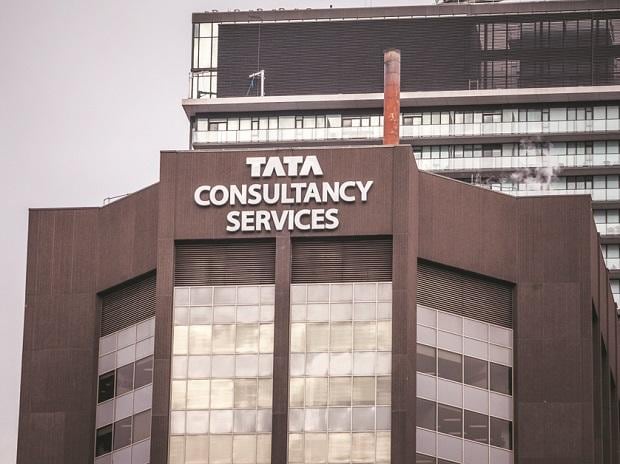TCS: Forex dealers, tour package sellers to collect remittance undertakings
The government said on Friday that foreign exchange dealers and sellers of overseas tour packages will have to take an “undertaking” from their customers about their previous remittances and overseas visits made within a financial framework for the purpose of TCS deduction.
The Income Tax Department has released a set of Frequently Asked Questions on the applicability of changes related to Tax Collection at Source (TCS) in the Irregular Remittances Scheme (LRS) and overseas round program package purchase. The TCS tax differential rate will begin October 1st.
The FAQ also outlined what would constitute an ‘Outside Tour Program Package’, which from October 1, 5 per cent TCS will be charged on expenditures up to Rs 7 lakh. Moreover, a rate of 20 percent will be applied. Currently, these packages attract 5 percent of TCS.
The Central Board of Direct Taxes (CBDT) said in a carousel.
To qualify as an ‘Outside Itinerary Package’, the package must include at least two of the following – an international airfare; hotel accommodation / boarding / accommodation; Any other expenses of a similar nature or in connection therewith.
Regarding TCS under the LRS, CBDT said since the facility to provide real-time updates of transfers is still under development by the RBl, it is clear that details of previous transfers under the LRS by the transferor during the financial year may be taken by the authorized agent through an undertaking conversion time.
“If the authorized merchant correctly collects the tax at source based on the information in this pledge, it will not be treated as a ‘defaulting resident.’ However, for any false information in the pledge, appropriate action can be taken against the sender under the law “.
She added that the same methodology for taking an undertaking from the buyer of an overseas tour program package might be followed by the seller of that package.
Under LRS, a resident can transfer money abroad up to a maximum of $2.50K USD annually. After the threshold, RBI approval will be required.
Presently, remittances under the LRS scheme attract 5 per cent TCS on top of the Rs 7 lakh threshold. From October 1, the price will go up to 20 percent above the minimum.
The FAQ also defines, according to the RBI circular, what may constitute an expense for medical treatment and education for referrals under the LRS.
Expenditure for medical treatment shall include the purchase of tickets for the person to be medically treated abroad (and accompanying him/her) for transportation between India and the overseas destination; Medical and other daily expenses required for this purpose.
The transfer for the purpose of education shall include the purchase of tickets for the person undertaking the study abroad for commuting between India and the overseas destination; tuition and other fees to be paid to the educational institution; And other daily expenses required to conduct such a study.
Remittances of up to INR 7,000 for medical and educational purposes are exempt from TCS. Moreover, 5 percent TCS is applicable.
When education is funded by a loan, the TCS rate is 0.5 percent.
The Finance Ministry earlier this week delayed by 3 months the implementation of a higher TCS rate of 20 per cent on expenditures made under the LRS and overseas tour packages until September 30.
The new rates, which were to come into effect according to the budget proposal from July 1, will come into effect from October 1, 2023.
It also dropped plans to charge TCS fees for overseas payments made through international credit cards and also said such expenses would be included in the Reserve Bank of India’s Free Remittances (LRS) scheme.
(Only the title and image for this report may have been reworked by the Business Standard team; the rest of the content is generated automatically from a shared feed.)
